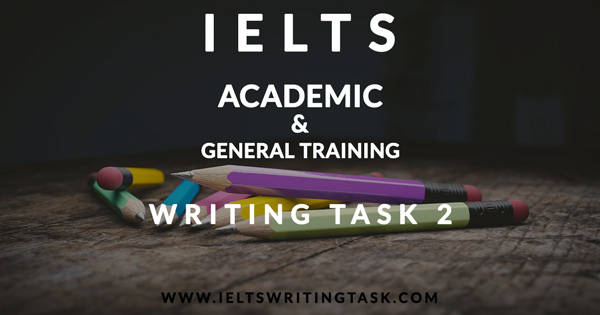News editors decide what to broadcast on television and what to print in newspapers. What factors do you think influence these decisions? Do we become used to bad news? Would it be better if more good news was reported?
Sample Answer:
In today’s fast-paced world, news editors play a crucial role in shaping public opinion and influencing the collective mindset of society. The decisions they make regarding what to broadcast on television and what to print in newspapers are influenced by a multitude of factors.
First and foremost, news editors are driven by the need to attract and retain viewers and readers. This often leads to a focus on sensational and attention-grabbing stories, which are more likely to generate interest and drive up ratings and circulation. Additionally, news editors must also consider the financial implications of their decisions, as advertising revenue is a key source of income for media outlets. As a result, stories that are deemed to have a broad appeal and high potential for engagement are often prioritized.
Furthermore, news editors are also influenced by the prevailing social and political climate. They may choose to prioritize stories that align with the prevailing ideologies or agendas of their target audience, or those that are deemed to be of national or international significance. This can lead to a bias towards certain types of news, and a neglect of other important but less attention-grabbing stories.
In addition, the phenomenon of “bad news bias” has become increasingly prevalent in the media. This refers to the tendency for negative and alarming stories to receive more coverage and attention than positive or uplifting ones. While this may be driven by the belief that bad news sells, it also has the unintended consequence of desensitizing audiences to negativity and fostering a sense of pessimism and hopelessness.
In light of these considerations, it is arguable that a greater emphasis on reporting good news would be beneficial. By highlighting stories of human triumph, kindness, and progress, the media can help counteract the prevailing narrative of doom and gloom, and inspire hope and optimism in the public. Moreover, a more balanced and diverse representation of news stories would provide a more accurate reflection of the world we live in, and contribute to a more informed and engaged citizenry.
In conclusion, news editors are influenced by a complex interplay of factors when deciding what to broadcast or print. While the prevalence of bad news may have become ingrained in the media landscape, a greater focus on reporting good news could have far-reaching benefits for society as a whole.
More Writing Task 2 Sample Essay
